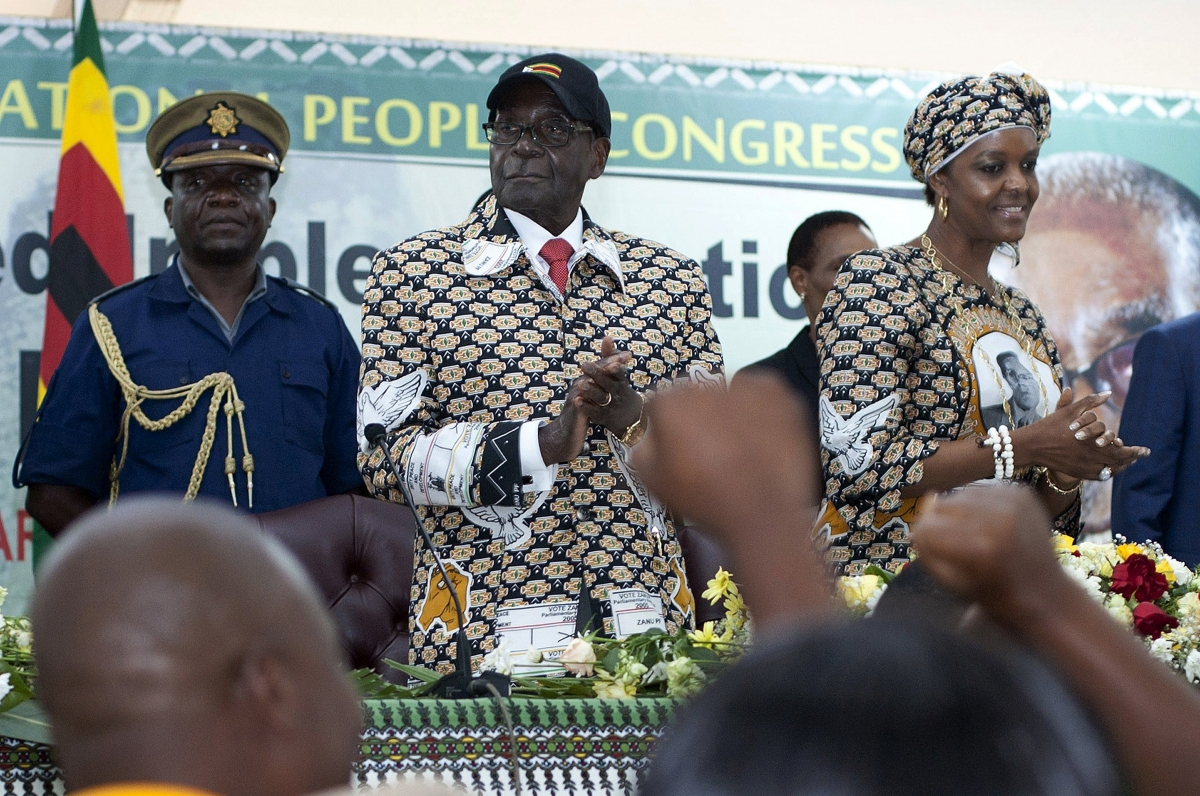
Zimbabwe’s ruling party wraps up its congress
EU demands Britain pay €50 billion settlement for Brexit
ZIMBABWE’S RULING PARTY CONVENES

Zimbabwe’s ruling African National Union-Patriotic Front (ZANU-PF) will wrap up its annual congress on Saturday. The meeting comes as leader Robert Mugabe faces pressure from political opponents and allies after a disastrous year for the country’s economy.
In 2014, Zimbabwe’s debt stood at $7 billion – 2 times the value of its annual GDP. In August, the government announced it would lay off 25,000 public servants – approximately 8% of the civil service – in a bid to save an estimated $4 billion. The move was met by protests.
Mugabe, who has held power for 36 years, has reportedly been able to prevent a majority from challenging him because of divisions, both within his own party and among the opposition. In the lead up to Saturday’s summit, the ageing leader condemned members of his own party for “having unbridled ambitions for senior positions” and appealed for calm.
Although Mr Mugabe is routinely criticised, a further economic collapse could provide the common ground required to push the 92-year-old out of office.
EU DEMANDS BRITAIN PAY €50 BILLION SETTLEMENT FOR BREXIT

After the European Council summit on Thursday in Brussels, the European Commission has stated that Britain must pay the EU up to €50 billion as part of Brexit.
According to Brussels’ chief negotiator for Brexit, Michel Barnier, this exit fee must be agreed upon before any negotiation over a post-Brexit trade relationship between the EU and UK can commence. The proposed bill includes outstanding liabilities owed to the EU by the UK for pensions, loan guarantees and spending on UK projects. Britain could be required to contribute to the EU budget until the end of 2020.
Although Britain has agreed to honour its obligations whilst still a part of the EU, any financial settlement after Brexit will be up for negotiation. Downing Street officials have roundly dismissed paying such a high exit fee, with some officials speculating that the figure may be a negotiation tactic.
This exit fee is just one aspect of the highly complex Brexit negotiations that will intensify once Theresa May triggers Article 50, in March 2017 at the latest.

